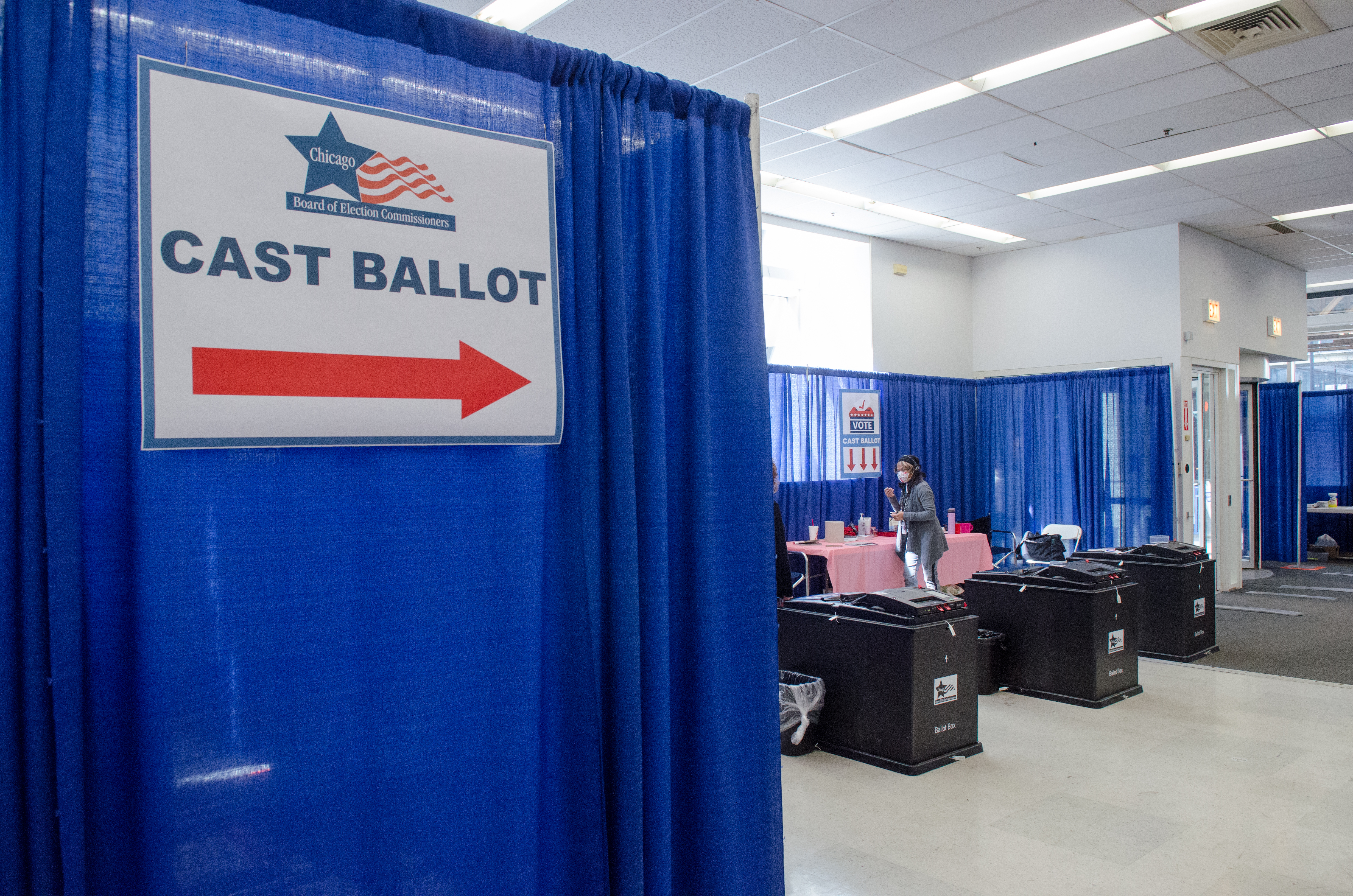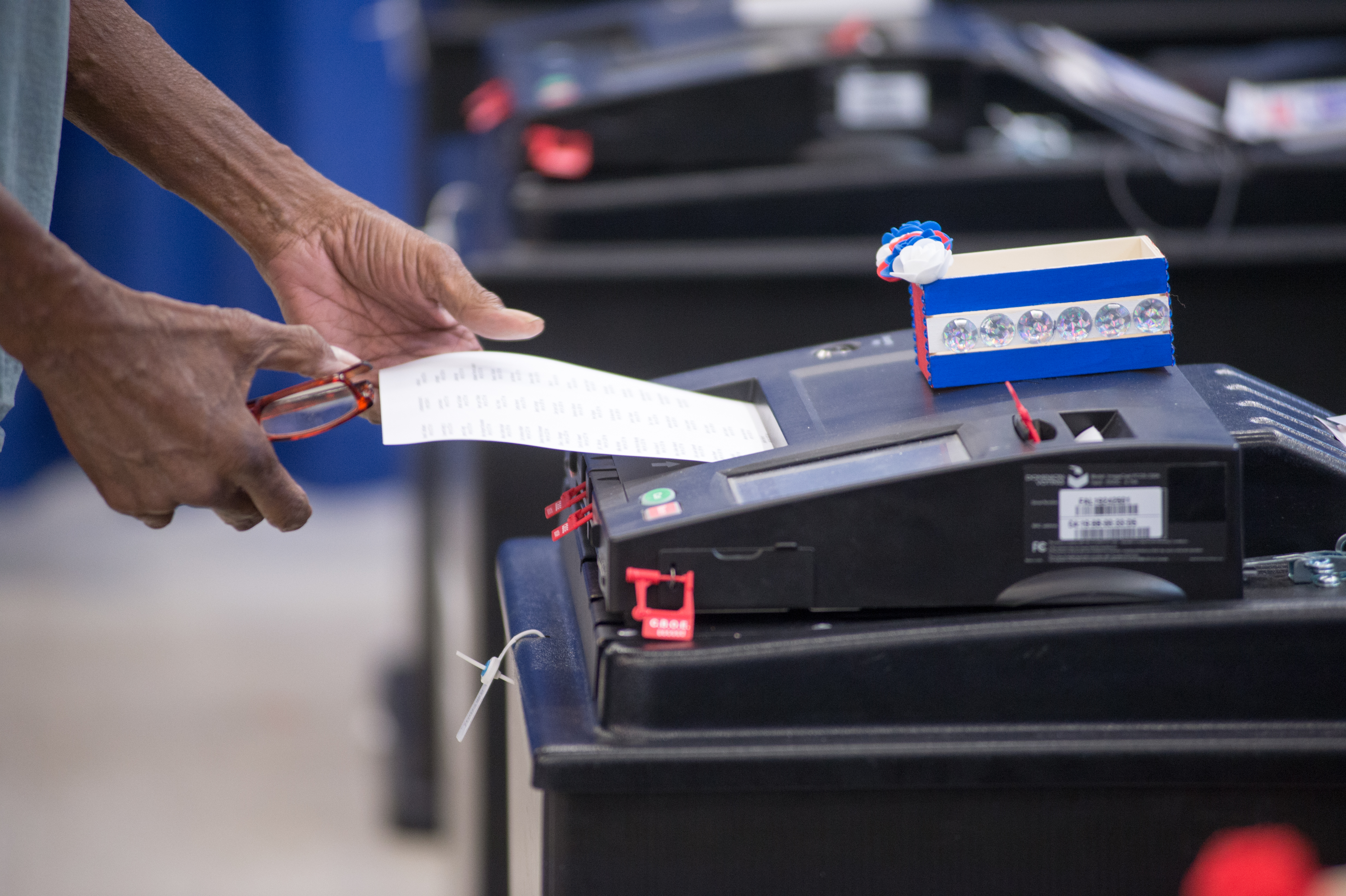McDonald's plans to extend the $5 value meal it launched earlier this summer beyond its original four-week window citing the menu item's success in driving customers back into its restaurants.
In a memo obtained by CNBC, executives said nearly every business unit, encompassing 93% of its restaurants, voted to extend the promotion past its original end date. The memo said the majority of locations will extend through August, or plan to vote on whether to do so.
"Our message is resonating with our millions of customers," Myra Doria, national field president, and Tariq Hassan, U.S. chief marketing and customer experience officer, wrote in the memo. "When our customers are ordering the $5 Meal Deal, they aren't visiting the competition, and early performance shows this deal is meeting the objective of driving guests back to our restaurants."
The $5 value meal hit McDonald's menus June 25, and was initially set to last roughly a month. It includes a McChicken or McDouble, four-piece chicken nuggets, fries and a drink -- and costs substantially less than purchasing those items individually.
The meal was introduced as the world's largest hamburger chain, based in Chicago, aims to combat declines in customer spending due to rising costs and inflation.
“We heard our fans loud and clear – they’re looking for even more great value from us, and this summer that’s exactly what they’ll get,” Joe Erlinger, president of McDonald’s USA, said in a statement. “Value has always been part of our DNA. We’re focused on living up to that legacy and offering delicious, affordable options customers can enjoy any time they walk through our doors, go through our drive thru or place an order through our app.”
In addition to the $5 meal deal, the company noted franchisees across the U.S. are offering their own specials, including some like "buy one get one for $1 breakfast sandwiches" or mix and match deals and more. Customers will need to check deals at their local McDonald's to find out if any are being offered.
Local
“Affordable prices and creating memorable moments are what McDonald’s is all about,” John Palmaccio, a McDonald’s owner and operator, said in a statement. “As small business owners, it’s our responsibility to deliver great value to our local communities when they need it most. The $5 Meal Deal is the perfect complement to the everyday local deals customers can find in store and on the app, like the 25 percent off any purchase of $10 or more deal that I'm offering at my restaurants in Savannah, Georgia.”
Erlinger previously said he hopes customers will find the company’s upcoming deals “meaningful.”
Feeling out of the loop? We'll catch you up on the Chicago news you need to know. Sign up for the weekly Chicago Catch-Up newsletter.
“It’s clear that we — together with our franchisees — must remain laser-focused on value and affordability,” Erlinger said.
Recently, McDonald’s fought back on criticism of its price increases after viral tweets and media reports claimed some locations were selling Big Mac combo meals for as much as $18.
In a post on the company’s website in May, Erlinger said reports suggesting the price of the average Big Mac has doubled since 2019 were false. McDonald’s said the average U.S. Big Mac was $4.39 in 2019 and now costs $5.29, a 20.5% increase.
“For a brand that proudly serves nearly 90% of the U.S. population every year, we feel a responsibility to make sure the real facts are available,” Erlinger said.
Erlinger acknowledged that he and many franchisees were frustrated by a post on X last summer about a Big Mac meal in Connecticut that cost $18, calling the price “an exception.” He noted that franchisees own and operate 95% of U.S. McDonald’s locations and set their own pricing but “work hard to minimize the impact of price increases.”
Still, the Chicago burger giant said the cost of some items have seen bigger price jumps than the Big Mac. The average price of medium fries was $2.29 in 2019 and is $3.29 now, a 44% increase.
McDonald’s said the average price of all menu items has risen 40% over the last five years, to account for a 40% average increase in the cost of labor, paper and food. That is higher than overall consumer prices, which have increased 21% since December 2019, according to government figures.
McDonald’s saw a marked slowdown in store traffic in the first three months of this year as inflation-weary customers in the U.S. and other big markets ate out less often. As a result, the company promised more deals.



